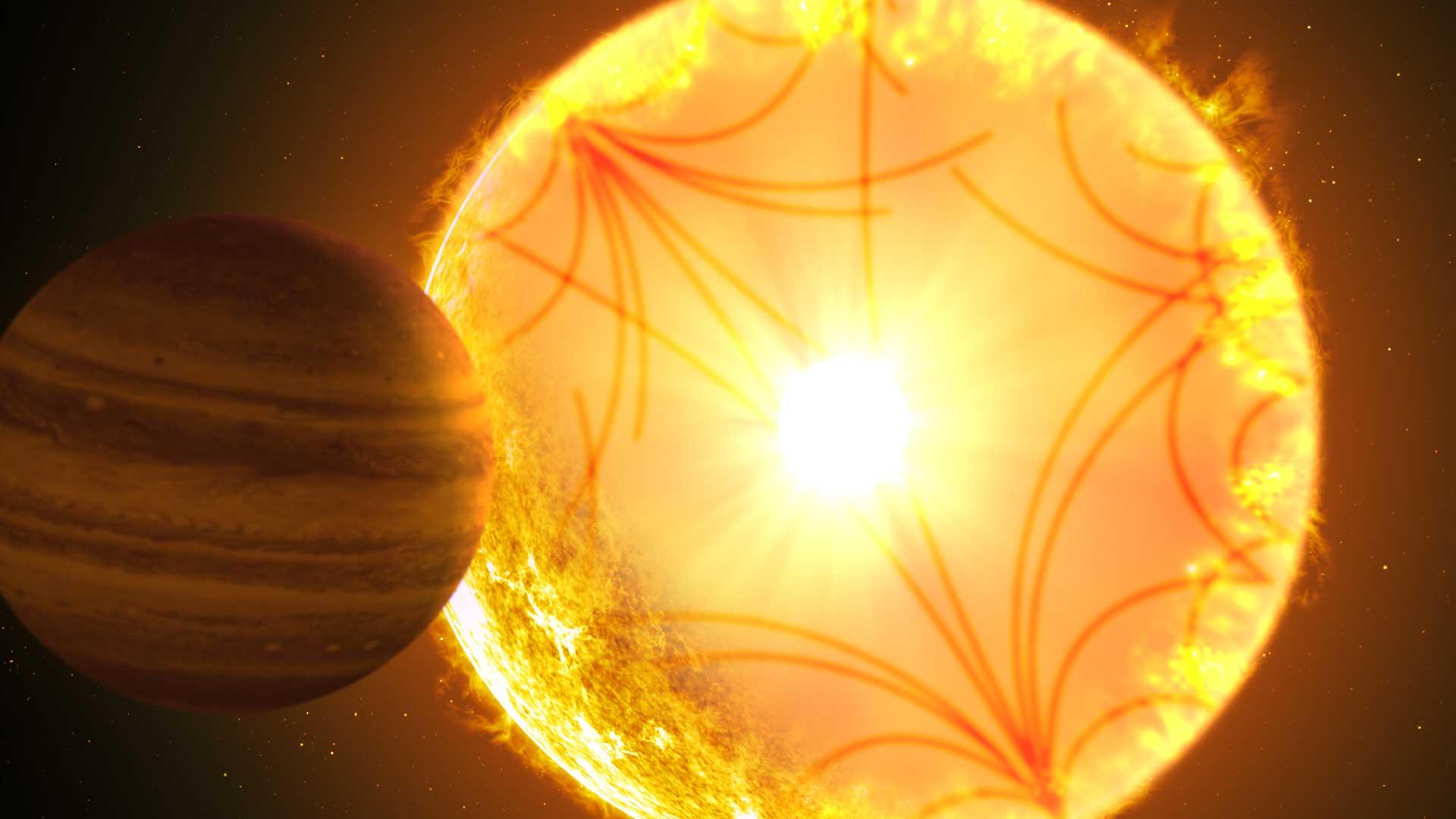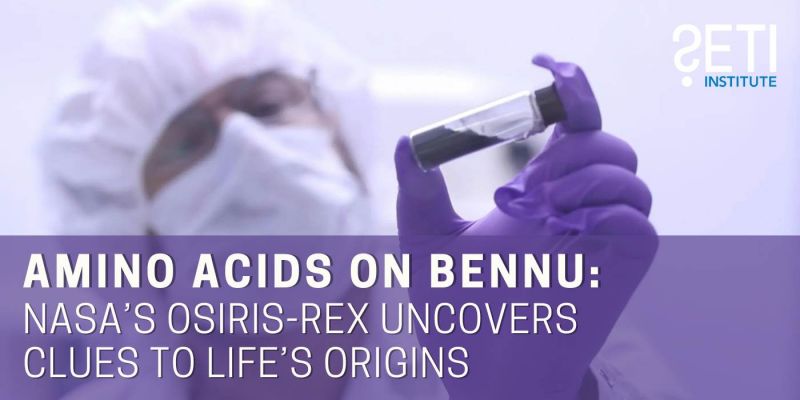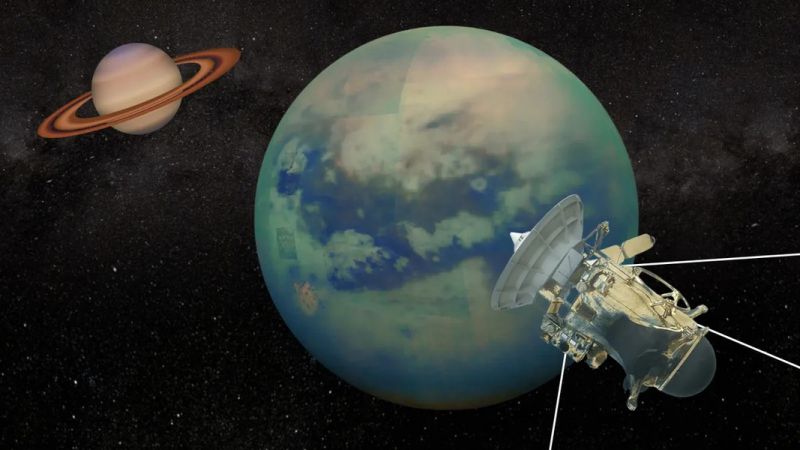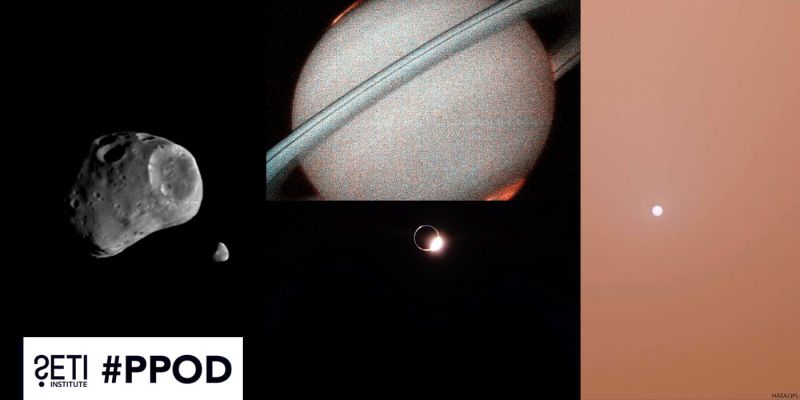
Artist's concept of a Kepler-1658-like system. Sound waves propagating through the stellar interior were used to characterize the star and the planet. Kepler-1658b, orbiting with a period of just 3.8 days, was the first exoplanet candidate discovered by Kepler nearly 10 years ago. Credit: Gabriel Perez Diaz/Instituto de Astrofísica de Canarias
Ten years after the Kepler Space Telescope was launched, the very first exoplanet candidate discovered by Kepler has been confirmed. SETI Institute scientist Jeffrey Coughlin was co-author on research that confirmed that Kepler 1658b is indeed a planet, after being previously categorized as a false positive. The research was led by University of Hawai’i graduate student Ashley Chontos.
The new analysis used stellar sound waves that was able to see that the host star and Kepler 1658b are larger than previously thought, leading to a re-evaluation of Kepler 1658b.
"This planet flew under the radar for years because it appeared to be too bright for its size to actually be a planet, based on what was known about the host star time at the time," said Coughlin. "The fact that this study has uncovered it to actually be a planet, and a truly unique one, goes to show just how many discoveries still await to be found in Kepler's treasure trove of data."
These research results were presented at the fifth Kepler/K2 Science Conference held in Glendale, CA and will be published in the Astronomical Journal.
More details can be found here: http://www.ifa.hawaii.edu/info/press-releases/Kepler1658b/.





